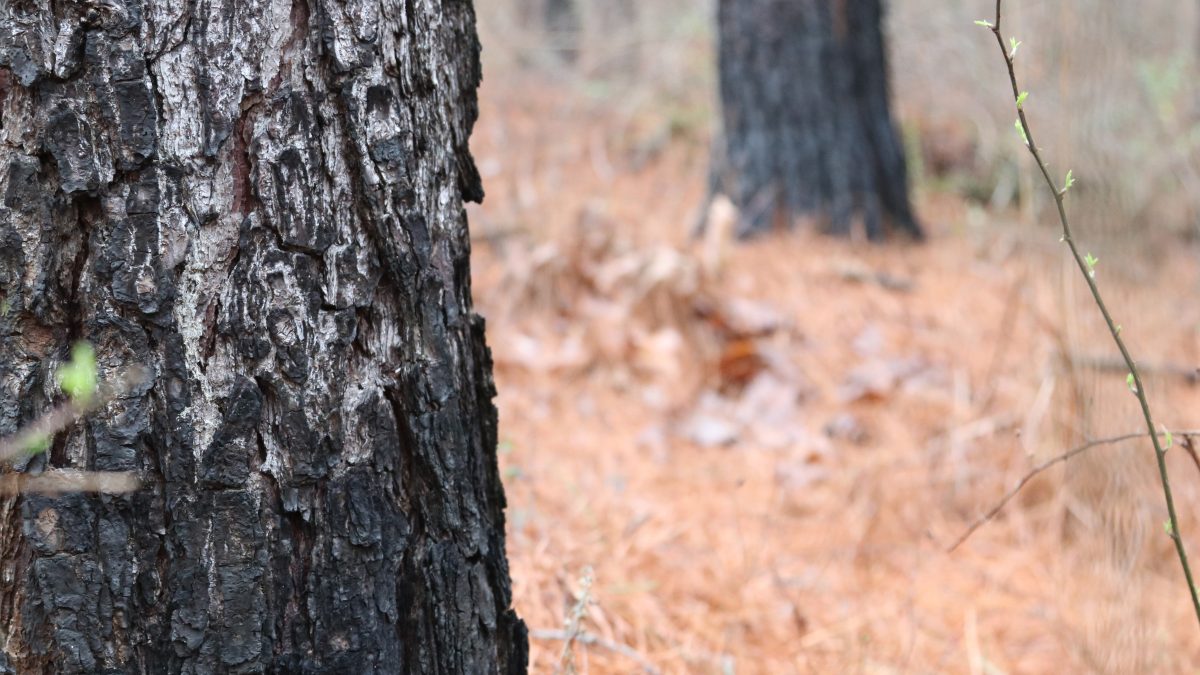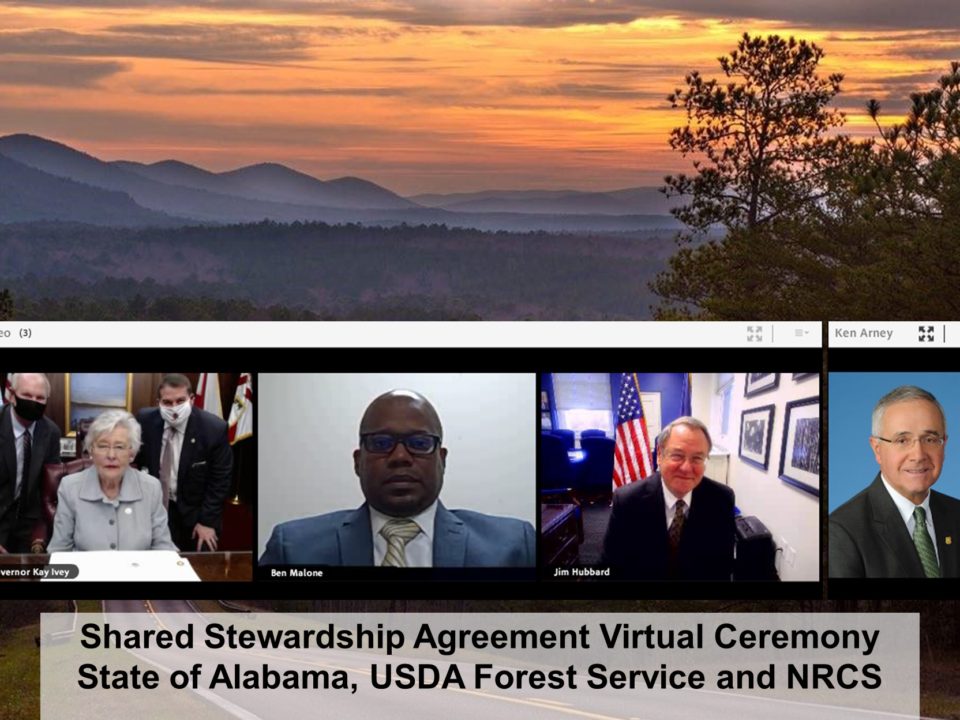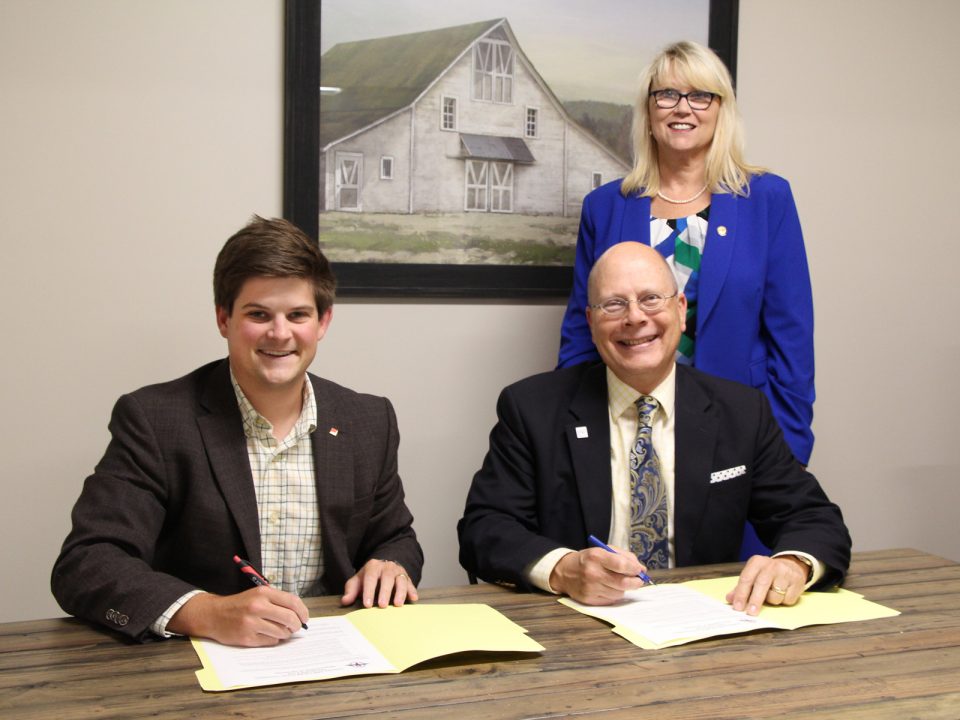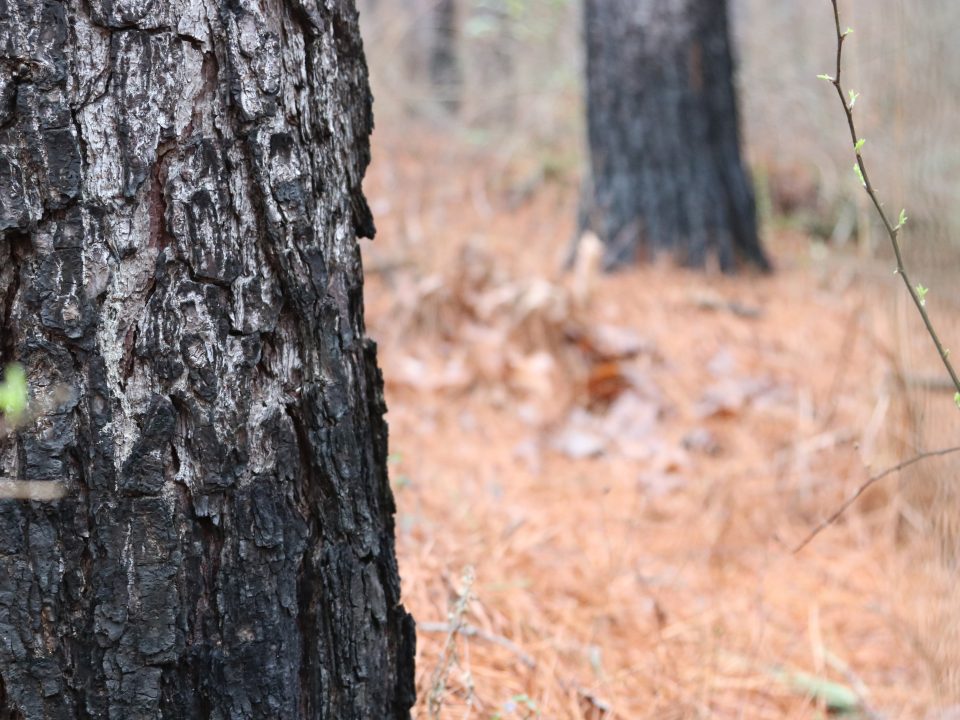NRCS FERAL SWINE MANAGEMENT FUNDING AVAILABLE

NO BURN ORDER LIFTED
March 16, 2018
Recognition of Clay County Forestry Commission Employees
March 16, 2018The U.S. Department of Agriculture’s Natural Resources Conservation Service (NRCS) recently announced that eligible landowners interested in Alabama’s Wild Pig Damage Management Program should apply for financial assistance by Jan. 20, 2017. Environmental Quality Incentives Program (EQIP) funding for 2017 supports the initiative.
Feral swine have been sighted in most of Alabama’s 67 counties and reproduce at an alarming rate. Sows begin breeding at six months of age and produce up to four litters per year, with each litter consisting of four to 12 piglets. Wild pig rooting damages native plant communities that provide habitat and food sources for indigenous wildlife species. Additionally, wild hogs degrade water quality and pose a serious disease threat to humans and livestock.
“Although we have a somewhat fair guess of the damage that wild pigs cause to agriculture – about $1.5 billion per year – I suspect their impact to natural ecosystems and the environment likely double or triple that figure,” said Dr. Mark Smith, Auburn University (AU) Extension specialist and associate professor.
Alabama landowners can apply for financial assistance through EQIP to monitor and manage feral swine on their property. Funding will be distributed according to the following guidelines:
• Landowners with 200 or fewer acres will be eligible for a practice payment of $831 (one trapping “scenario”).
• Landowners with 400 or more acres will be eligible for a practice payment of $1,662.
• An increased payment rate will be applied for new and beginning farmers, socially disadvantaged farmers and limited resource farmers.
• Cooperation with at least three landowners in close proximity is required whereby each landowner agrees to sign up for the above mentioned NRCS program and work together to remove feral swine on adjoining properties.
• Landowners must agree to complete damage assessment before and after installation of a given practice. Landowners must also agree to complete photo and pig harvest data sheets and an AU damage survey.
For more information, contact your local NRCS or Farm Service Agency office. As with all NRCS programs, applications are accepted on a continuous basis; however, selection is completed through the current batching period closing Jan. 20, 2017.




